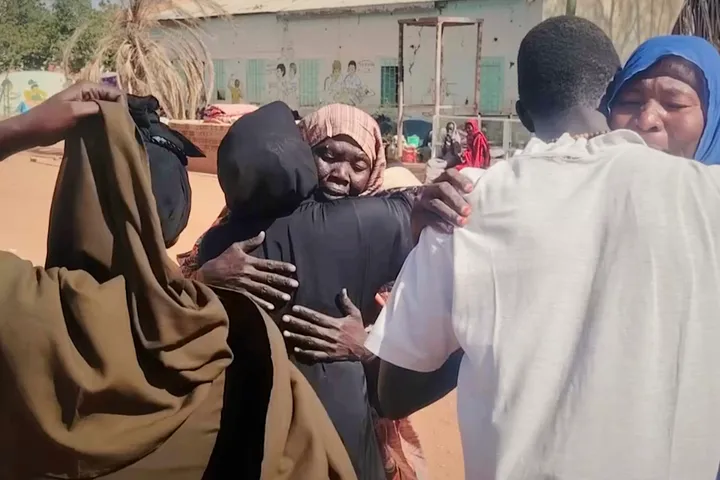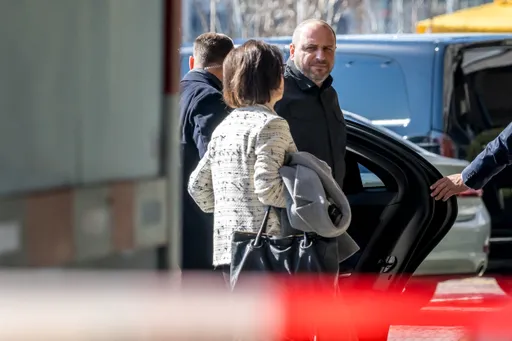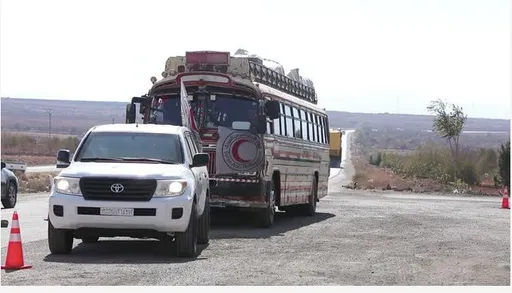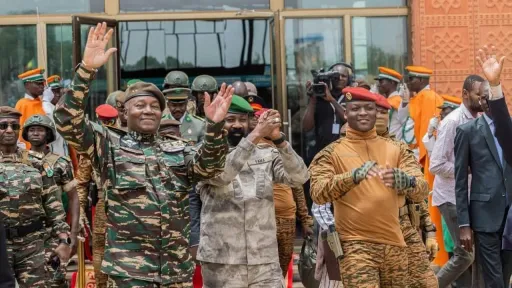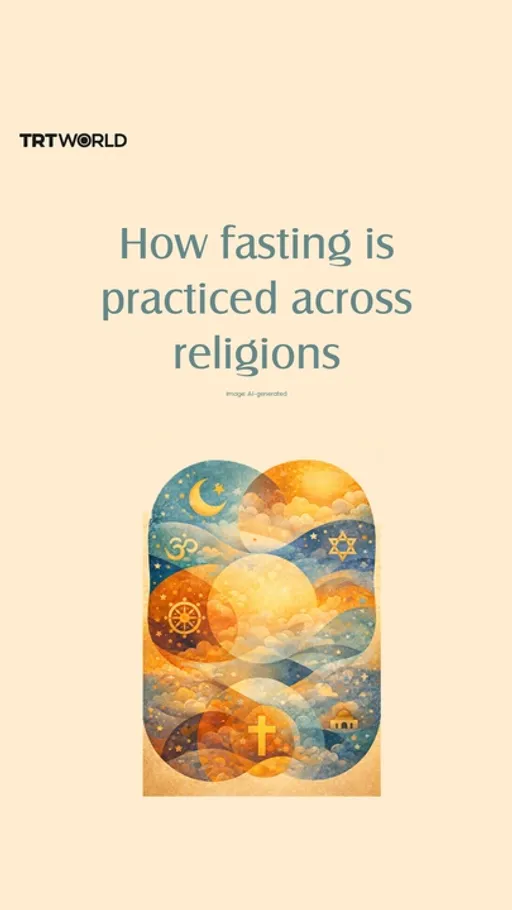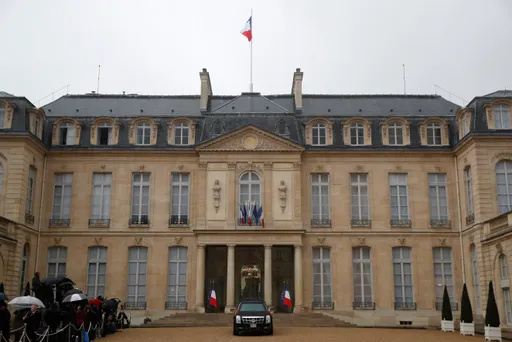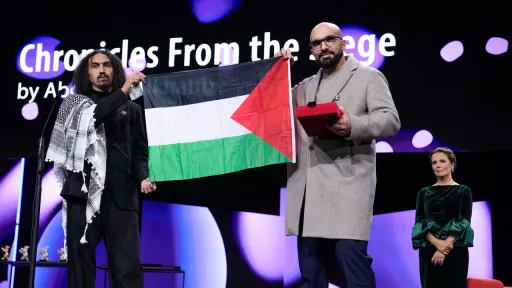A joint statement by the Gulf Cooperation Council (GCC) calling for an extension of an arms embargo on Iran, has rekindled speculation about a possible rapprochement between Qatar and its estranged Arab neighbours.
Multiple news outlets have suggested that the development, which took place over the weekend, is a sign of unity between the six-member grouping, which experienced ruptures when Saudi Arabia led a boycott of Doha in 2017.
In a letter sent to the UN Security Council, the GCC said stopping Iran from buying and selling weapons is important for regional peace.
An arms embargo on Iran is set to expire on October 18 under a 2015 nuclear deal, which Iran signed with the United States and other world powers.
US President Donald Trump has walked back on the deal after coming to power and now his administration is lobbying other countries to extend the embargo.
The GCC says that Iran continues to be a source of destabilisation in the Middle East as it backs armed groups in the region.
"It is inappropriate to lift restrictions on the supply of weapons from and to Iran until Iran gives up its destabilising activities in the region and stops supplying terrorist and sectarian organisations with weapons," said a statement by GCC Secretary General, Nayef Falah Mubarak Al Hajraf.
Is Qatar back in the Saudi camp?
While for some analysts, the “unified” GCC response came as big news, it was apparent that Qatar’s Al Jazeera English service did not report the story. A source close to the outlet said the newsroom likely saw it as a “minor GCC development”.
Saudi Arabia and its allies cut off diplomatic and economic ties with Qatar, alleging that Doha was drawing closer to Iran, and was backing the Muslim Brotherhood political movement.
Not all the members of the GCC, made up of Bahrain, Kuwait, Oman, Qatar, the United Arab Emirates and Saudi Arabia, have backed the actions against Doha.
The blockading nations include Saudi Arabia, the United Arab Emirates, Bahrain and the non-GCC Egypt.
Qatar faced a food shortage in the wake of the blockade, and flights had to use Iranian airspace in order to bypass the one belonging to Saudi Arabia and the UAE.
While Doha and Tehran have maintained diplomatic and economic ties, Qatar is home to the largest US military base in the Middle East.
Over the years, Qatar has tried to strike a balance between the interests of fellow GCC members and its own foriegn policy. Its policies are particularly mismatched with Saudi Arabia's. For instance, while Doha backed Muslim Brotherhood member, Mohamed Mori’s government in Egypt, Riyadh supported the dictatorship of Abdel Fattah el Sisi who toppled Morsi’s freely elected government.
Similarly, the two GCC members have differed on the situation in Tunisia and Libya since the Arab uprisings of 2011.
Qatar has also pursued its own foriegn interests with Iran with which it shares a vast gas field. Doha’s economic miracle depends on the export of liquified natural gas (LNG).
In January, Qatar’s Foreign Minister, Mohammed bin Abdulrahman al Thani, flew to Tehran to offer his condolences after Iranian general Qasem Soleimani was killed in a US airstrike. Soleimani was instrumental in leading Iranian Shia militias in Syria and Iraq, where the interests of Saudi Arabia and its allies have diverged from that of Iran.
Yet at the same time, Qatar has vigorously attempted to clarify reports about its breakup from the GCC as recently as May this year. It has also reiterated its pledge to keep the option of a dialogue with GCC members open.
The US has tried to push Saudi Arabia, the UAE, and Bahrain to patch up relations, arguing the differences within the GCC affects Washington’s push to isolate Tehran.
In response to the GCC’s letter, an Iranian foriegn ministry spokesman said that “the wrong and destructive policies and behaviour of certain member states, has turned (GCC) into a mouthpiece for anti-Iran elements inside and outside the region.”


